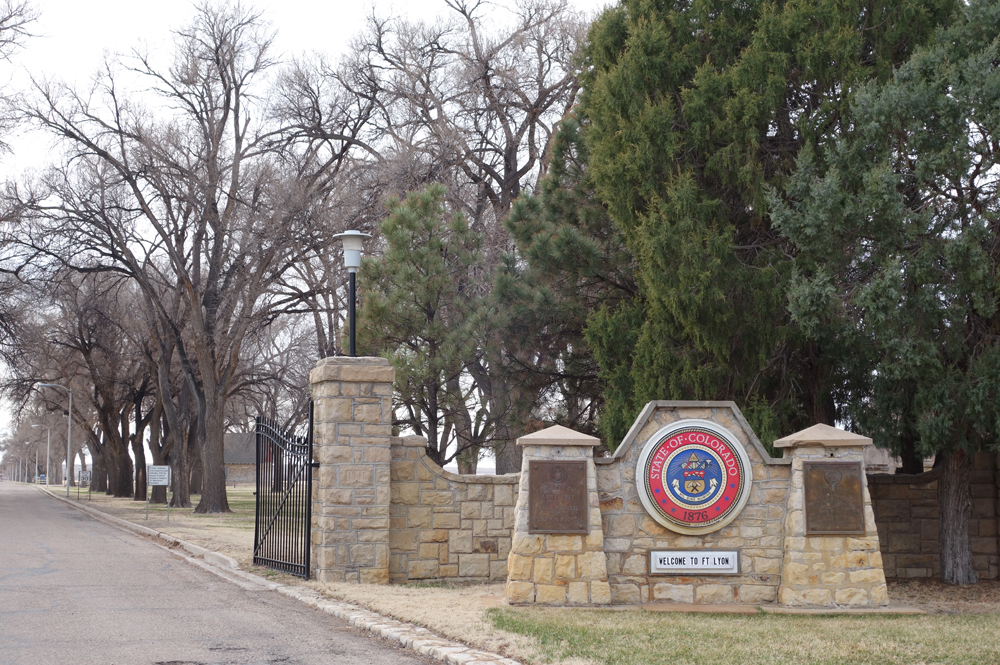The Local newsletter is your free, daily guide to life in Colorado. For locals, by locals.
It’s just after 4 p.m. on a Wednesday in March, and James Ginsburg is in yet another meeting. This one is with a support staffer who is rehashing details of a different meeting for her boss. After she leaves, Ginsburg slumps in his chair, removes his glasses, and rubs his eyes. It’s been a long day for Ginsburg—a long week. But every week seems tedious when you log 400-plus miles on your commute from Denver and sleep on a pullout couch in your office.
Ginsburg is the program director of the Fort Lyon Supportive Residential Community, a groundbreaking (or foolhardy, depending on whom you ask) substance-abuse treatment community near Las Animas on the Eastern Plains operated by Denver-based Colorado Coalition for the Homeless. Here, homeless addicts can spend up to two years receiving health care, addiction treatment, continuing education, and vocational training. So far, more than 500 people, transported by van from all across Colorado, have come to Fort Lyon. The state spends about $20,000 to $24,000 to support each individual. “This is not a silver bullet,” Ginsburg says. “Nothing is.”

When Fort Lyon turned two this past September, 98 of the approximately 300 people who’d moved out were in permanent housing. Twenty-seven percent of those 98 individuals were also self-sustaining, meaning they do not rely on government assistance. Several people who have left the program have remained in the Arkansas Valley—where housing is more affordable—far away from the urban environments that enabled their substance abuse. State funding is guaranteed for the program through June 2016, which means that Ginsburg’s experiment will continue—at least for a while. “The ongoing question is, of course, ‘Is it successful?’ and that’s such a subjective question,” Ginsburg says. “Yeah, of course it’s successful. There are 200 people tonight who won’t be on the street raising havoc.”








